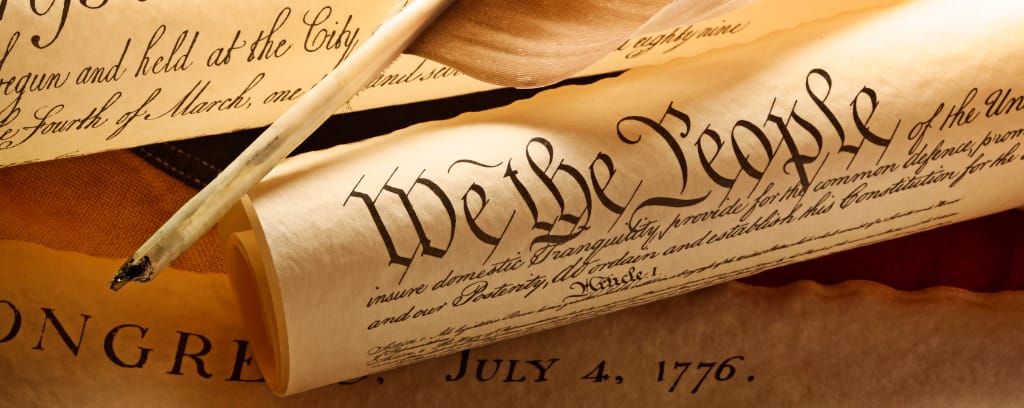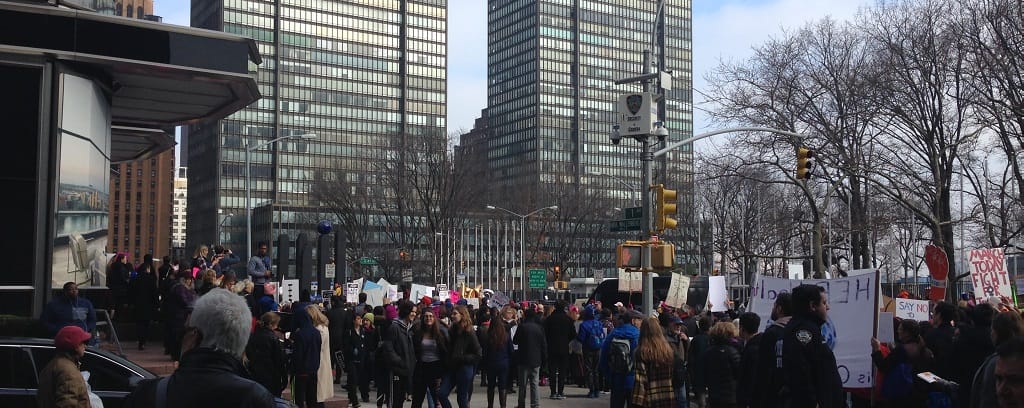The recent attacks on DEI initiatives are a real concern. As a diversity trainer, employment attorney, and someone committed to fostering unity, I feel the weight of these challenges. Yet I also believe we have the tools to navigate this. Every generation has faced its own unique set of conflicts. Each has also been given opportunities to resolve them.
Will we be any different? We have to be.
What Is DEI?
First, let’s clarify what DEI actually is. At their core, the concepts of diversity, equity, and inclusion are neutral.
The world is diverse, whether we like it or not. Refusing to acknowledge this and find ways to work effectively within it is a waste of energy.
- Diversity initiatives aim to increase representation from historically marginalized groups, such as women, Black people, those practicing religions other than Christianity, people with disabilities, and so on. The original intention was pure: create opportunity for full participation in our workplaces and society. As with anything, some individuals have exploited the diversity programs, turning the tables on others based on gender, race, or religion. That conduct needs to be addressed, not the concept of diversity itself.
- Equity is often misunderstood. The challenge lies in execution. Too often, employers focus on the wrong things. Instead of gathering data on employee-perceived inequities, validating that data, analyzing it, and then acting on it, they pour money into advertising and celebrity speakers. Many even place blame on people alive today for historical injustices they didn’t commit, simply based on race, gender, or religion. This creates new inequities–the opposite of the original intent.
- Inclusion means welcoming diversity and providing employees with what they reasonably need to succeed. Think of someone with a visual impairment. You wouldn’t hire them and then refuse to allow corrective lenses. You’d focus on their ability to perform the job. The sticking point is often “reasonable accommodation,” not inclusion itself.
Like ethics and laws, DEI is aspirational. A few humans will always try to manipulate these concepts for personal gain. That doesn’t mean we should abandon the aspiration of a fairer, more just world. That is what the US Founding Fathers claimed to strive for, even if they fell short.
The Apology We Will Never Get
Speaking of those Founding Fathers, they’re not around to apologize for their shortcomings. And frankly, it’s not clear they would even if they could.
To be complete and give us the sense of security we seek, apologies have to come through the people who caused the harm. A complete apology requires more than saying “I’m sorry.” It must:
- Acknowledge the specific action the apologizer took that caused the harm. For example, “I am sorry that I enslaved you, justifying this behavior by focusing on how it would affect my financial and social status rather than considering you a human just like me.”
- Offer something to help make the victim whole again. “I know 40 acres and a mule will not erase the harm I caused you and your family. Let me know how else I can help you rebuild your life.”
- Disclose the apologizer’s plan to avoid causing similar harm. “I have accepted my financial and social status. I am using what I have left to enshrine in our laws an abolition of slavery.”
- Include consistent action over an undetermined period of time. Trust is not as easily repaired as it is broken.
It would have been helpful to have from our ancestors the accountability of a complete apology, but the world isn’t going to give us all the apologies we want. No matter how long we wait or how loudly we demand them, sometimes we have to forgive the world so we can move forward.
Gifts I Gave Myself
My own life has certainly seen its share of challenges, from the trauma of sexual and physical assault to repeatedly navigating complex relationships built on co-dependency and the fallout of abuse. While painful, these experiences have shaped my understanding of conflict and the power of forgiveness.
Choice Three of the DIY Conflict Resolution process is Forgive the World because the world is made up of humans, and we are unmistakably flawed. However, forgiving the world for its conflicts doesn’t mean condoning harmful actions of individuals. I forgave an assailant and my abuser, but I also sought accountability. It didn’t work out perfectly. I never received the apologies I wanted. Regardless, I did my part to create the opportunity, and that’s what I have to live with. My life isn’t free of conflict, but I have the tools to navigate it. These tools are often easier to access when I can forgive the world, accepting it as it is.
Practice with an Annoyance
Life in New York City provides constant opportunities for practicing forgiveness. When I am trying to get to an appointment, I can get annoyed with people strolling four abreast on the sidewalk or distracted by their phones. I lose sight of my more compassionate self. Often I notice this now and silently repeat Ho’oponopono:
- I’m sorry.
- I love you.
- Please forgive me.
- Thank you.
It’s a way to quickly release the negativity before it takes root and distracts me from my more important goals in life.
Shifting Your Focus
When it comes to DEI, forgiveness might be the key to reclaiming our personal power and agency:
Conclusion
We can’t give our power away to those who profit from division. We have to use our resources to:
- Build bridges across real and perceived differences
- Foster understanding and collaboration
- Advocate for the liberty and justice for all that our Founding Fathers failed to deliver

